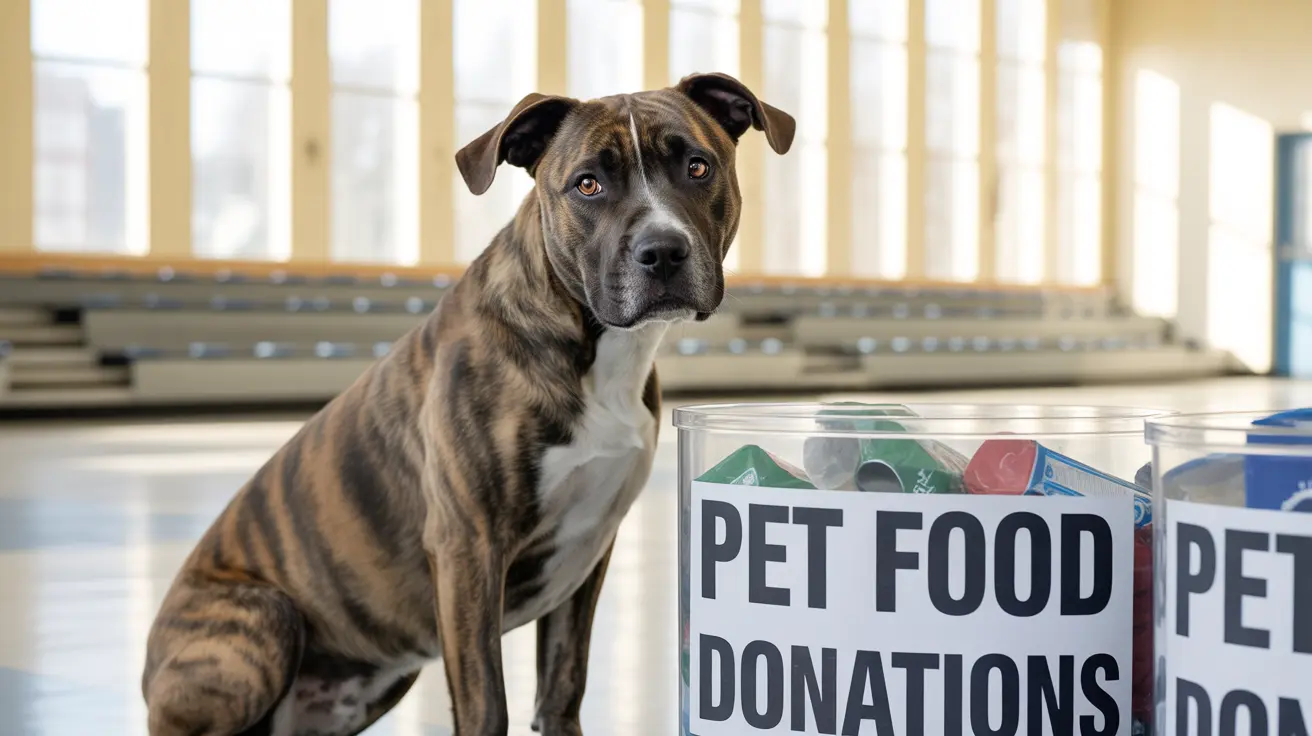If you've noticed your dog's eyes looking unusually red or irritated, you're not alone. Red eyes in dogs are a common concern that can stem from various causes, ranging from simple allergies to more serious medical conditions. Understanding the underlying cause is crucial for proper treatment and your pet's eye health.
As a pet owner, it's important to recognize when red eyes are a minor issue that can be managed at home versus when they require immediate veterinary attention. This comprehensive guide will help you understand the causes, symptoms, and treatment options for red eyes in dogs.
Common Causes of Red Eyes in Dogs
Allergies and Environmental Irritants
The most frequent cause of red eyes in dogs is allergies. Just like humans, dogs can react to various environmental triggers such as:
- Pollen
- Dust mites
- Mold spores
- Cleaning products
- Perfumes or air fresheners
These allergic reactions often come with additional symptoms like pawing at the eyes, sneezing, and increased tear production.
Infections and Conjunctivitis
Bacterial or viral infections can cause conjunctivitis, commonly known as "pink eye." This condition involves inflammation of the eye's conjunctiva and typically produces:
- Yellow or greenish discharge
- Swelling around the eye
- Excessive blinking or squinting
- Visible redness in the white part of the eye
Serious Conditions Requiring Immediate Attention
Glaucoma and Other Emergency Conditions
Some causes of red eyes require urgent veterinary care. These include:
- Glaucoma (increased pressure within the eye)
- Corneal ulcers
- Trauma or injury
- Foreign objects in the eye
If your dog shows signs of severe pain, cloudy eyes, or sudden vision changes along with redness, seek emergency veterinary care immediately.
Treatment Options for Red Eyes
Home Care and Prevention
For mild cases of red eyes caused by environmental irritants, you can:
- Gently clean around the eyes with a warm, damp cloth
- Keep your dog's face hair trimmed
- Remove potential allergens from their environment
- Use pet-safe eye wipes recommended by your veterinarian
Professional Medical Treatment
Veterinary treatment may include:
- Prescription eye drops or ointments
- Oral medications for underlying conditions
- Allergy medications
- Surgical intervention for severe cases
Breed-Specific Considerations
Some dog breeds are more prone to eye problems due to their facial structure. Brachycephalic breeds (those with flat faces) like Pugs, Bulldogs, and Shih Tzus require extra attention to their eye health due to their protruding eyes and shallow eye sockets.
When to See a Veterinarian
Contact your veterinarian immediately if you notice:
- Severe redness that persists more than 24 hours
- Eye discharge that is yellow, green, or bloody
- Signs of pain or discomfort
- Changes in vision or behavior
- Swelling around the eye area
Frequently Asked Questions
Why are my dog's eyes red, and what are the most common causes?
Red eyes in dogs typically result from allergies, infections, irritants, or more serious conditions like glaucoma. The most common causes are environmental allergies and conjunctivitis.
How can I treat my dog's red eyes at home before visiting a vet?
For mild cases, clean the area with a warm, damp cloth and remove potential allergens. However, if symptoms persist or worsen, veterinary care is necessary.
What are the symptoms of allergies in dogs that can cause red eyes?
Allergy symptoms include red eyes, pawing at the face, sneezing, watery eyes, and general eye irritation. These may be accompanied by itching elsewhere on the body.
How do I know if my dog's red eyes are from a mild irritation or something more serious?
Serious conditions typically involve severe redness, pain, vision changes, or colored discharge. If symptoms persist over 24 hours or include these signs, seek veterinary care immediately.
What are the best ways to prevent red eyes in dogs with short faces or breeds prone to eye issues?
Keep the face clean and dry, trim facial hair regularly, protect eyes from irritants, and schedule regular veterinary check-ups. Consider using pet-safe eye wipes for daily maintenance.






